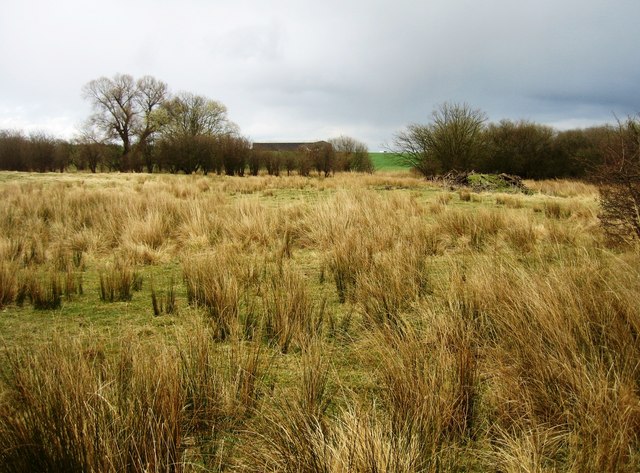
Reconnecting with—and Regenerating—Our Grasslands
After working for several years as a farmer and rancher at a family farm in the Sacramento Valley, Chris Kerston is now helping promote large-scale restoration of grasslands through holistic management as the director of events and public outreach for the Savory Institute.
While there's still a lot of work to be done on restoring the land, there's a big, global movement happening on every continent: Kerston notes that more than 60 million acres of land across the globe being are managed holistically.
February 25, 2016 | Source: New Hope 360 | by Deanna Pogorelc
After working for several years as a farmer and rancher at a family farm in the Sacramento Valley, Chris Kerston is now helping promote large-scale restoration of grasslands through holistic management as the director of events and public outreach for the Savory Institute.
While there’s still a lot of work to be done on restoring the land, there’s a big, global movement happening on every continent: Kerston notes that more than 60 million acres of land across the globe being are managed holistically.
He’ll be joining Organic India CEO Kyle Garner, IFOAM Organics International President Andre Leu and Organic Connections Editor Anna Soref on a soil health panel at Natural Products Expo West to talk about just that. Here, he provides some background and context to frame the conversation.
NewHope360.com: What are some of the major barriers that are keeping more producers from looking at livestock in a more holistic way?
Chris Kerston: This is a difficult question to answer because everyone wants a tangible thing that is what’s in the way to opening this up to the whole world, and the sad part of the answer is that what’s in the way is the human mind. It’s what people believe is possible and what matches with their culture and with how they think things are supposed to be. That doesn’t mean that there aren’t market and policy barriers, but the biggest barrier in terms of widespread global adoption toward regenerative farming is in the way that we think. It’s ‘is this possible?’ and, if somebody believes it’s not possible, they’ll find every way to make it not possible.
NewHope360.com: Consumer demand is driving many of the trends we’re seeing in food. Do you see increasing consumer awareness of food’s impact on not only themselves but on the Earth?
CK: A huge percentage of the growth right now is consumer-driven. It’s interesting because everybody kind of points to a single point in time where they noticed their consumer base changed. If they were one of the people who were in farmers markets in the ’90s, everything changed after Omnivore’s Dilemma came out. Michael Pollan’s book, for better or for worse, was the moment that really seemed to light up consumers like nothing else. On-farm and farmers market sales probably quadrupled that first year.
Consumer demand is a huge part of it, but that’s not to underestimate the amount of education that still needs to happen. There’s a great quote that Brock Dolman from Occidental Art & Ecology Center (a permaculture training and support organization)—he says, “We are the most ecologically illiterate society of all time,” and it’s absolutely true. And we’re the furthest from the connection to our food and the soil and where it comes from. And that’s even true for farmers. Many of us— I’m a first-generation, back-to-the-land farmer—don’t have those generational roots to pull from. And yet you talk to the ones that are fifth-generation farmers, and they’re saying they have to unlearn what their dad and grandpa figured out from the ‘50s to the ‘80s because that’s when things got the most messed up. I think that’s globally one of the biggest threats to humankind at this point—just how unaware we are of natural systems and how disconnected we’ve become from them.
